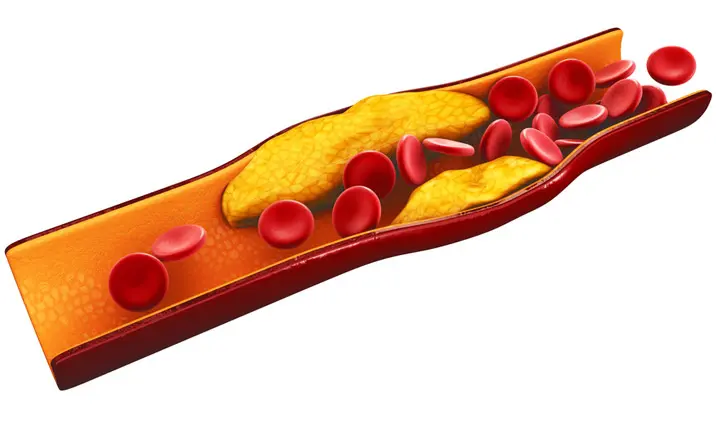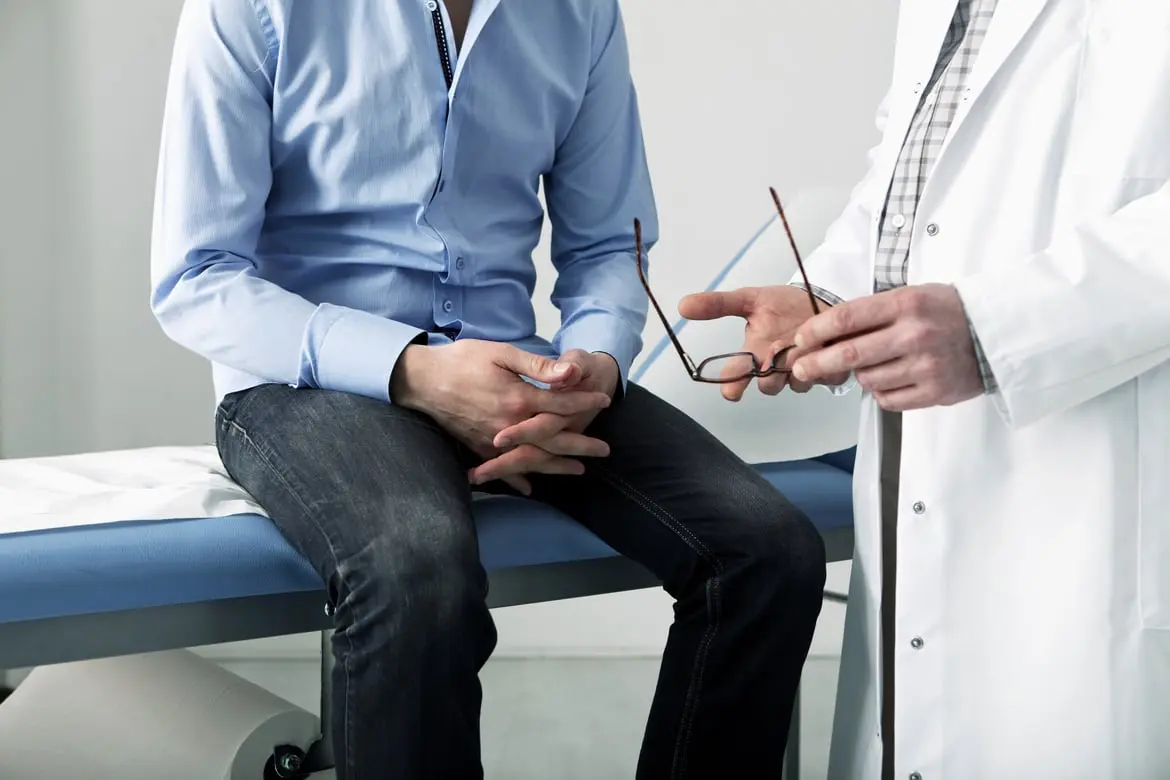What is erectile dysfunction?
Erectile dysfunction (ED) is also referred to as impotence. In simple terms, it’s the inability to get, or maintain, an erection. It’s very common for healthy men to experience occasional ED, but if it happens frequently, you should see your doctor. In 1995, scientists believe around 152 million men worldwide experienced ED. By 2025, this is expected to reach 320 million. Incidences of erectile dysfunction are increasing, so it’s important to know what to look for.
Symptoms of ED:
- Difficulty getting an erection
- Difficulty keeping an erection during sexual activity
- Low libido
You may also experience:
- Pain when you do have an erection
- Premature or delayed ejaculation
What causes ED?
ED can occur as a result of many things. It could range from psychological factors to related diseases. That’s why seeing a doctor is so important, in case your ED is a sign of something more serious.
Diseases that can trigger ED include:
- Issues with your blood vessels: Blocked or narrow arteries, high cholesterol and high blood pressure can slow blood flow and make an erection difficult to maintain.
- Hormone imbalances: Hormones play a big part in your sex drive so if the levels are out for any reason, it could cause ED.
- Diabetes: Diabetes can double your risk of ED, as the nerves and blood vessels that control your erectile muscles can be easily damaged.
- Neural diseases: Parkinson’s, Alzheimer’s, and other brain or nerve disorders can prevent you from getting an erection.
- Benign Prostatic Hyperplasia (BPH): There is a strong association between men with BPH and ED because the prostate and erectile nerves are intimately related. There are effective medications that can safely and effectively treat both conditions.
You can also experience ED due to:
- Injury or trauma to the penis
- Side-effects of surgery or medication
- Drug and alcohol abuse
- Smoking
- Stress, anxiety or depression
- Obesity
In some cases, ED might be unexplained.
Does age play a part?
Certainly it seems that ED becomes more common as men get older. Achieving an erection could take longer, and may be more difficult to maintain. However, ED can occur at any age, and has more to do with other lifestyle factors such as alcohol consumption, smoking and overall health, than simply age. Studies have actually shown a correlation between men under 40 and their lifestyle choices as a risk factor for ED.
Treating ED
Your doctor will decide on a treatment plan based on the reason you’re experiencing ED. A physical exam and some diagnostic testing will help your doctor decide the best course of action. If your ED is related to another condition, such as diabetes or a hormone imbalance, both conditions can be treated either simultaneously or sequentially.
If your ED is caused by medication you’re currently taking, a change in dosage or trying a different type of medication could help. If your doctor thinks stress, anxiety or mental health is the root of your troubles, seeing a counsellor, psychiatrist or psychologist could be the answer.
To treat ED directly, your doctor might recommend:
- Medication, such as Viagra or Cialis
- Non-invasive, low-intensity shockwave therapy to restore blood flow
- Injections or suppositories into your penis
- A vacuum erection device
- Surgery to insert a penile implant
- Surgery to repair blood vessels
- Surgery to repair trauma in the penis or to remove scar tissue
Many of these treatments carry risks and can cause unwanted side effects. Your doctor will be able to discuss these with you before deciding on a suitable treatment plan.
Alternative treatments
Alternative treatments may be helpful in treating ED, such as:
- Pelvic floor exercises, which involve repeatedly clenching and unclenching the muscles that control the flow of urine.
- Acupuncture, which can also increase blood flow.
- Natural supplements like ginseng and yohimbe.
It’s important to remember that there is little scientific evidence to prove that these methods work, and it’s always best to ask your doctor before trying alternative therapies.
Lifestyle factors
You can lower your risk of experiencing ED by making some simple lifestyle changes.
- If you are overweight, lose weight
- Eat a healthy, balanced diet
- Keep blood pressure and cholesterol low
- Exercise regularly
- Minimise stress
- Cut out alcohol and smoking
- Regularly review your medications with your doctor
If you experience ED once or twice, it could be down to stress. Temporary problems are often nothing to worry about. However, if you experience chronic impotence, it’s vital that you consult with a doctor. ED is usually reversible, and if there’s an underlying disease, it can be treated.















